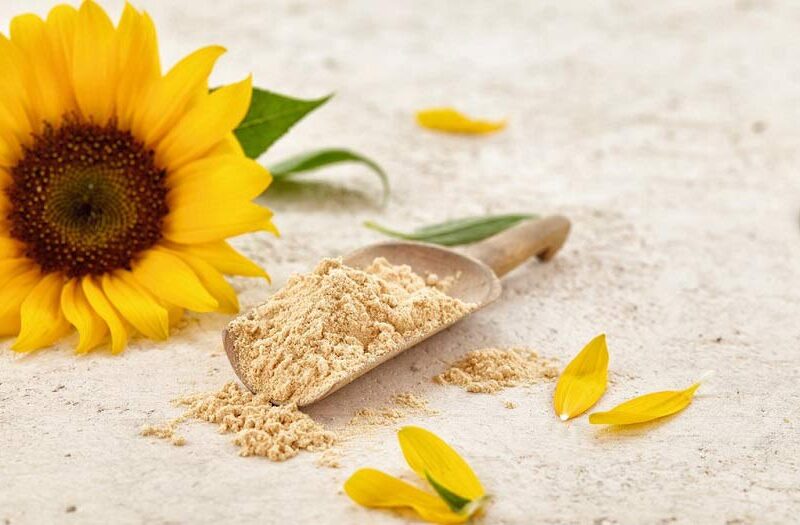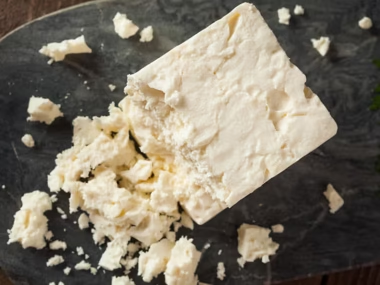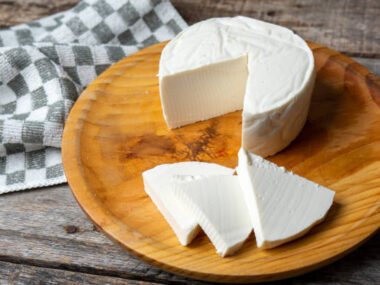Sunflower lecithin is a common ingredient found in many foods and health products today. It’s often used as an emulsifier, which means it helps ingredients mix well together. You can find it in everything from chocolate and baked goods to nutritional supplements. People love it because it’s a natural, plant-based alternative to other types of lecithin, like soy lecithin, and because it’s usually non-GMO. However, there are times when you might need a substitute, either because you can’t find it, you’re allergic to sunflowers, or you simply want to try something different.
Luckily, there are many substitute for sunflower lecithin that can still give you the results you want. Whether you’re making food at home or looking for an alternative in store-bought items, these substitutes are easy to find and use. In this blog post, we’ll explore ten great alternatives to sunflower lecithin, each with its own unique benefits. Let’s dive in and find out which one works best for your needs.
10 Substitute For Sunflower Lecithin
1. Soy Lecithin
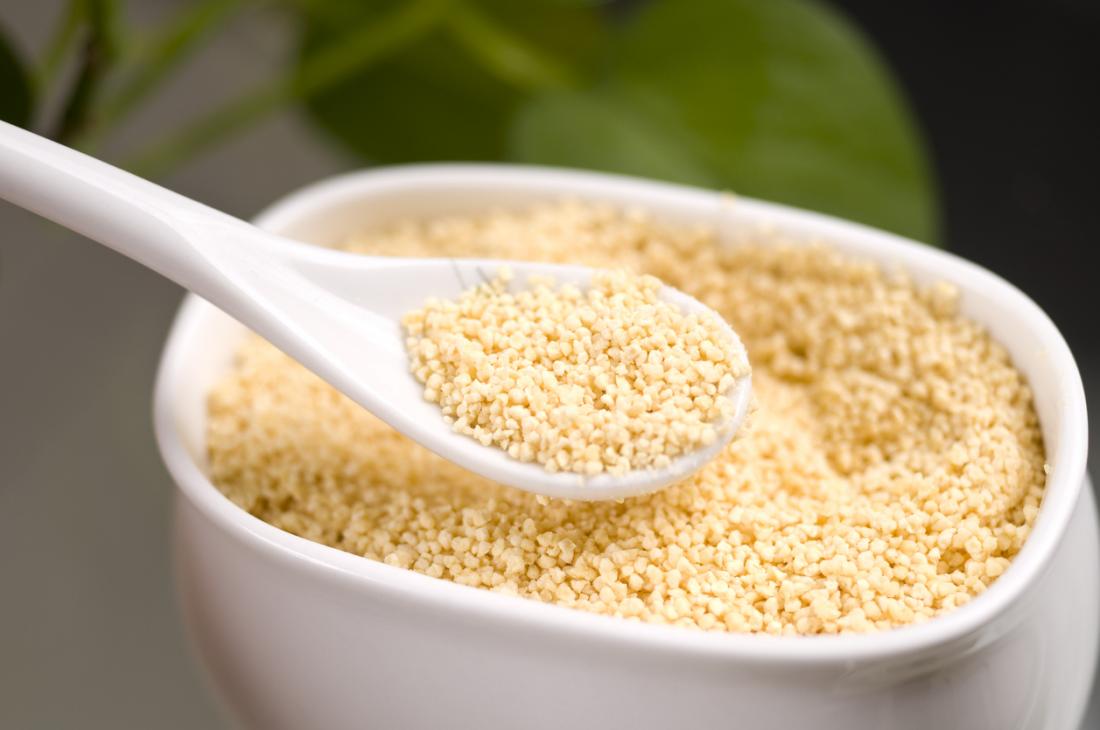
One of the most popular substitute for sunflower lecithin is soy lecithin. Just like sunflower lecithin, it’s an emulsifier that helps to bind ingredients together. It’s often used in processed foods such as chocolate, baked goods, and even in cosmetics. Soy lecithin is derived from soybeans, and like sunflower lecithin, it’s plant-based. This makes it an easy swap if you’re looking for something that’s similar in function.
However, there are a few things to keep in mind. Some people prefer sunflower lecithin over soy lecithin because soy is often genetically modified, while sunflower lecithin is usually non-GMO. Additionally, if you have a soy allergy or are avoiding soy products, this might not be the best option for you. But if you’re not concerned about these issues, soy lecithin is widely available and works just as well.
2. Egg Yolk
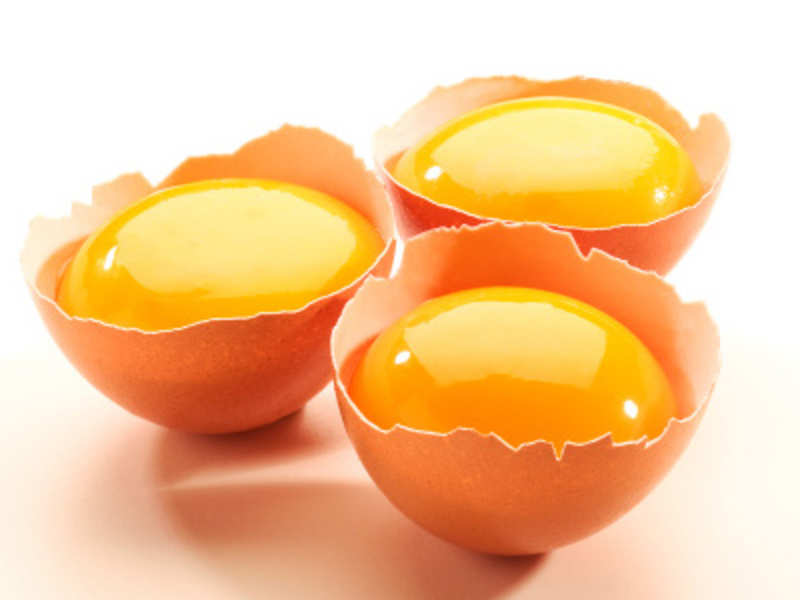
Egg yolk is a natural emulsifier and can be a great substitute for sunflower lecithin, especially in recipes that call for lecithin as a binder. Egg yolks contain lecithin naturally, which is what helps give them that thick, creamy texture. They’re often used in things like mayonnaise, salad dressings, and sauces to help everything blend smoothly together.
If you’re not vegan or allergic to eggs, this is a fantastic option. Egg yolks are easy to find, affordable, and work well in a variety of recipes. However, they do have a different taste and texture than sunflower lecithin, so be sure to keep that in mind if you’re using them in food products.
3. Chia Seeds

Chia seeds are another plant-based substitute for sunflower lecithin. When mixed with water, chia seeds form a gel-like substance that can act as an emulsifier in recipes. This makes them a great option for vegans and those looking for a natural alternative.
Chia seeds are especially good for recipes like smoothies, sauces, and baked goods, where their gelling properties help to bind ingredients together. They’re also packed with nutrients like fiber, omega-3 fatty acids, and protein, so they can add a little nutritional boost to your recipe. Just be aware that chia seeds can change the texture of your food slightly, especially if they’re not ground up first.
Read also, 15 Best Substitute For Chia Seeds To Try Out
4. Sunflower Oil
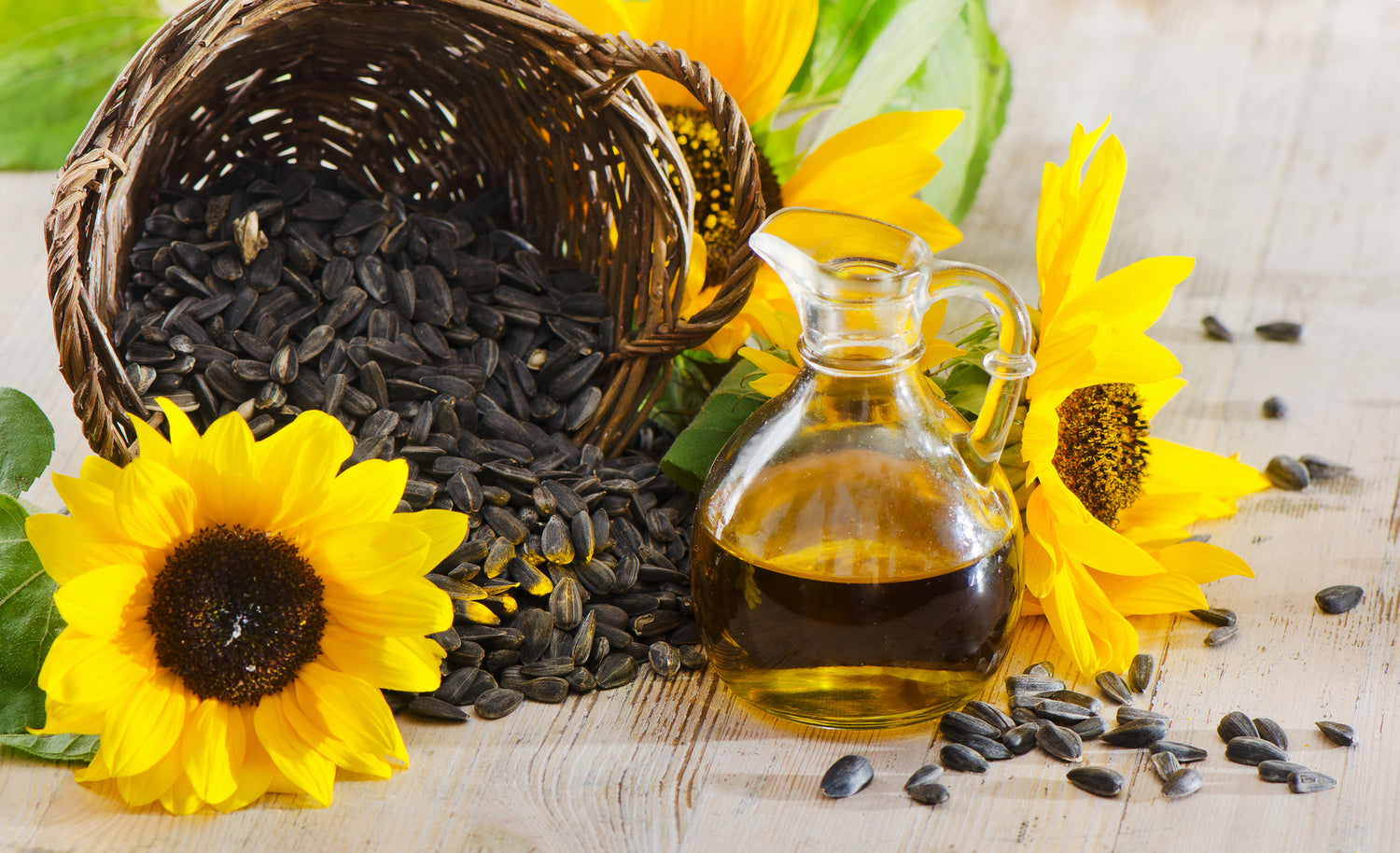
If you’re looking for a substitute for sunflower lecithin in a recipe, sunflower oil can be a simple and convenient option. While it doesn’t have the same emulsifying properties as lecithin, it can work well in recipes that need a bit of extra fat or moisture, such as baked goods or dressings. Sunflower oil has a neutral flavor, making it versatile for a wide range of recipes.
Because sunflower oil comes from the same plant as sunflower lecithin, it’s a natural choice if you’re looking for a similar ingredient. However, if your recipe specifically needs an emulsifier, sunflower oil might not be the best fit, as it doesn’t have the same binding abilities.
5. Coconut Oil

Coconut oil is a great alternative for sunflower lecithin in certain recipes, especially if you need something with a smooth texture and a mild flavor. Coconut oil is a natural fat and can help to bind ingredients together in recipes like baked goods, smoothies, and even some savory dishes. While it’s not an emulsifier in the same way that lecithin is, coconut oil can still help to create a smooth, consistent texture in many dishes.
Coconut oil is also easy to find in most grocery stores, and it has a long shelf life, making it convenient to keep on hand. However, it does have a slight coconut flavor, so be mindful of that when using it as a substitute. If you don’t want the taste of coconut in your dish, look for refined coconut oil, which has a more neutral flavor.
6. Guar Gum
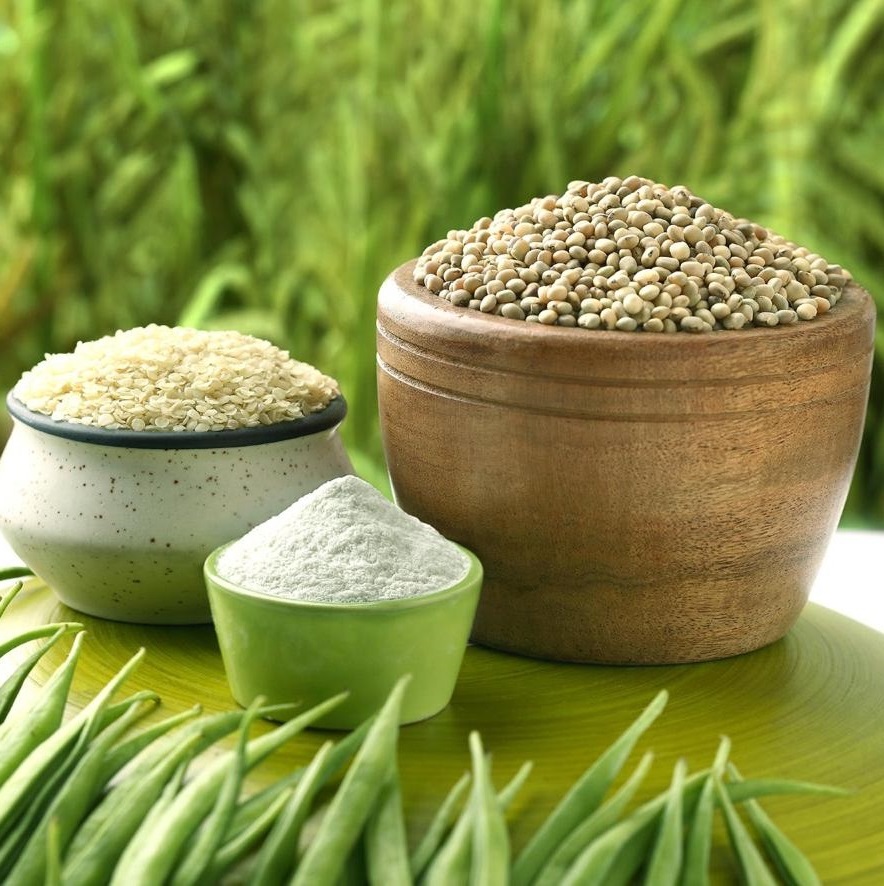
Guar gum is a thickening agent that’s often used in recipes as a stabilizer or emulsifier. It comes from the seeds of the guar plant and is a great substitute for sunflower lecithin, especially in recipes that need a strong binder. Guar gum is often used in gluten-free baking because it helps to hold ingredients together and improve the texture of baked goods.
A little guar gum goes a long way, so you don’t need to use much to get the desired effect. It’s especially useful in sauces, gravies, and gluten-free recipes where you want to create a smooth, thick texture. Just be careful not to use too much, as it can make your food gummy or slimy if overused.
7. Xanthan Gum
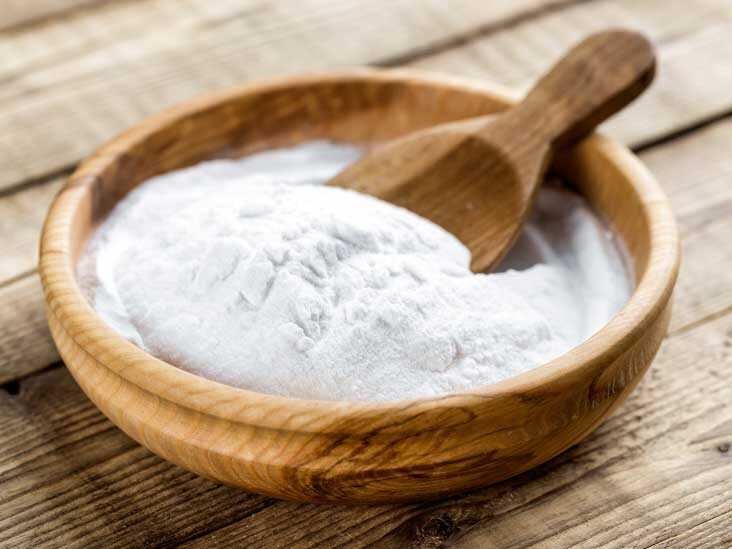
Xanthan gum is another popular substitute for sunflower lecithin, particularly in gluten-free and vegan recipes. Like guar gum, it’s a thickening and stabilizing agent that helps to bind ingredients together. Xanthan gum is commonly used in everything from salad dressings to ice cream, and it’s known for its ability to create a smooth, creamy texture.
Xanthan gum is a good option if you need something that’s flavorless and works well in a wide range of recipes. It’s often used in small amounts, so you don’t need much to get the job done. However, some people may have sensitivities to xanthan gum, so it’s worth testing it in small amounts first if you’ve never used it before.
8. Mustard
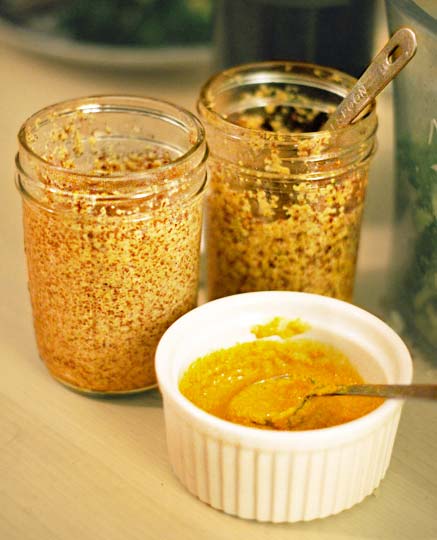
Believe it or not, mustard can also act as an emulsifier in certain recipes. Mustard seeds contain natural emulsifying properties, which is why mustard is often used in salad dressings and sauces to help keep the ingredients from separating. If you’re making a recipe that requires sunflower lecithin to bind ingredients, a small amount of mustard can do the trick.
This substitute works best in savory dishes, especially where the flavor of mustard will complement the other ingredients. It’s not a perfect match for every recipe, but it’s a handy option when you need a quick fix. Just keep in mind that mustard has a strong flavor, so a little goes a long way.
Read also, 13 Best Substitute for Oat Fiber You Didn’t Know About
9. Flaxseeds

Like chia seeds, flaxseeds can be used as a substitute for sunflower lecithin. When mixed with water, ground flaxseeds form a gel that can act as an emulsifier in recipes. This makes flaxseeds a good choice for baking, smoothies, and sauces, where they help to bind ingredients together.
Flaxseeds are also rich in omega-3 fatty acids, fiber, and other nutrients, making them a healthy addition to your recipes. They do have a slightly nutty flavor, so be aware of that when using them as a substitute. For best results, grind the flaxseeds before mixing them with water to create the gel.
10. Beeswax
Beeswax might seem like an unusual substitute, but it can be used in certain non-food applications where sunflower lecithin is used as an emulsifier. For example, if you’re making homemade cosmetics or lotions, beeswax can help to bind the ingredients together and create a smooth texture.
Beeswax is a natural, waxy substance produced by bees and is often used in skincare products for its moisturizing properties. It’s not suitable for food recipes, but if you’re looking for a natural emulsifier for beauty products, beeswax can be a great option.
Conclusion
Sunflower lecithin is a versatile ingredient, but as you can see, there are plenty of alternatives available if you need to make a swap. Whether you’re looking for something plant-based, vegan, or just easy to find, there’s a substitute out there that can work for you. From soy lecithin and egg yolk to chia seeds and xanthan gum, these alternatives each offer their own unique benefits. By understanding how these substitutes work, you can confidently replace sunflower lecithin in your recipes without sacrificing quality or taste.
